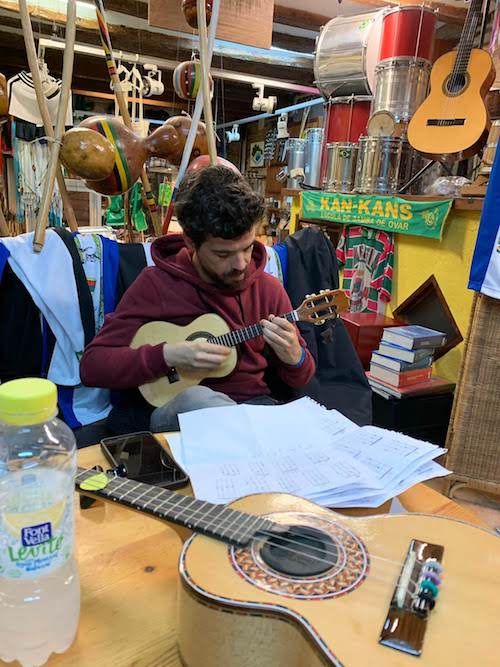Musical background
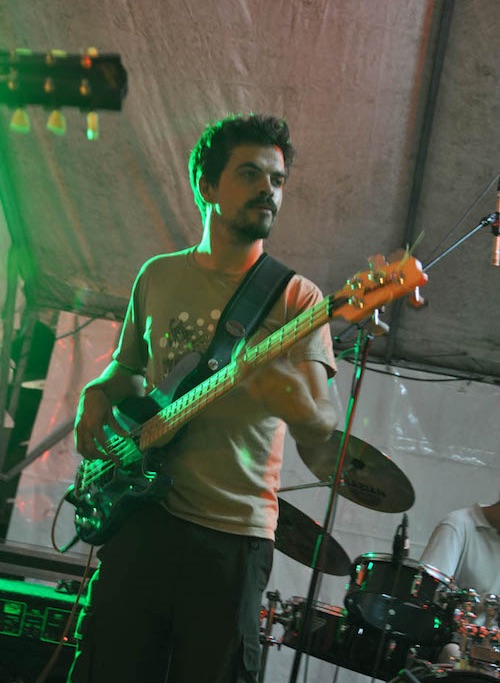
As a child I started to learn classical piano, and joined my first band around 15. Once in high school we got the opportunity to give a concert during a social event organised by the school, which is when we realised that as a rock band we were lacking a bass… I needed nothing more to start playing the bass! Moreover, the concert was a success, especially in the eyes of our friends! I then decided to keep on with the bass, which led me to play in a ska band for some years, give more concerts around and release an album.
A few years later, I started to play soul and funk versions with a newly created band, a great opportunity for me to get the “groove”. Herbie Hancock, James Brown, Stevie Wonder, Average White Band, Isaac Hayes, The Commodores, Electro Deluxe, Earth Wind & Fire, Maceo Parker became my mentors, for my greatest pleasure.
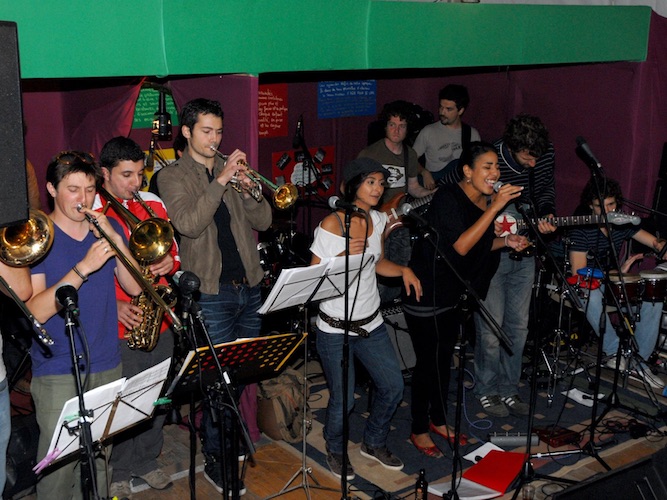
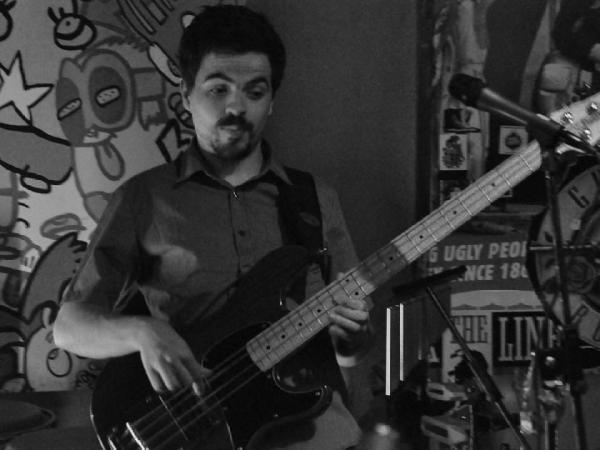
Later on, I discovered the world of Brazilian music, which led me to play bossa nova pieces on the classical guitar, and to try the cavaquinho out. It was like opening a tiny door that had remained closed until then, which unveiled a whole musical universe full of saudade…
Where to start from when it comes to Brazilian music? Maybe with a pioneer and essential album released in 1959 that defined the principles of a brand new music style at the time called bossa nova: Chega de Saudade by João Gilberto. Remarkable by the beauty of its melodies and the sobriety of João’s interpretation, it is often considered as the first bossa nova album. Co-authored by Antônio Carlos Jobim, Vinícius de Moraes, Ary Barroso and many more, it features beautiful tracks like “Chega de Saudade”, “Desafinado”, “Hó-Bá-Lá-Lá”, “Bim-Bom” and “Brigas, Nunca Mais”.
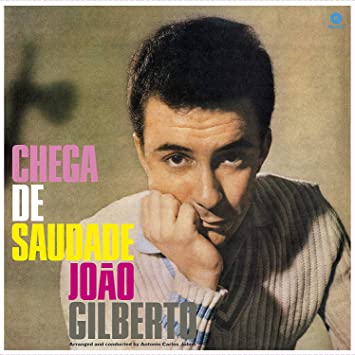
Another masterpiece of Bossa Nova is the soundtrack of the movie Orfeo Negro directed by Marcel Camus in 1959 and primed with La Palme d’Or at the 1959 Cannes Film Festival. It is based on the play Orpheu da Conceição by Vinícius de Moraes, itself an adaptation of the Greek legend of Orpheus and Eurydice, set in the modern context of a favela in Rio de Janeiro during Carnaval. The soundtrack was created by Antônio Carlos Jobim, whose song “A Felicidade” opens the film; and Luiz Bonfá, whose “Manhã de Carnaval” and “Samba de Orfeu” have become classics of bossa nova.
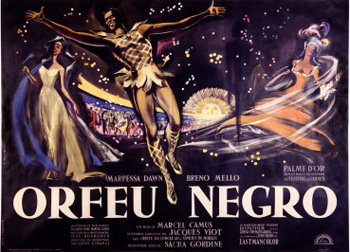
Brazilian music has a immense variety of styles and influences, among which one can mention the choro, whose one of the greatest composers was Pixinguinha who composed “Carinhsoso”, and the samba popularised by many musicians including Baden Powell who was one of the most prominent Brazilian guitarists as proven by his interpretation of “Samba Triste”, or Cartola who composed gems like “Preciso me encontrar”.
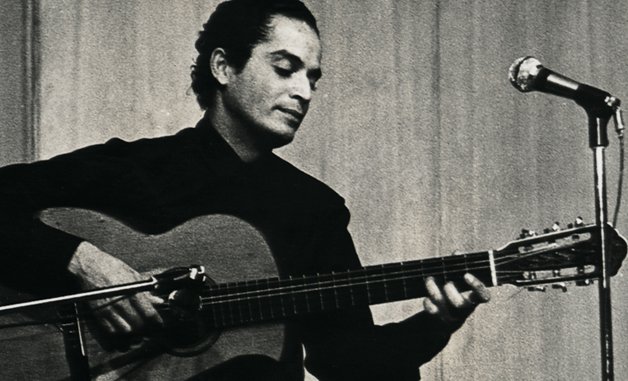
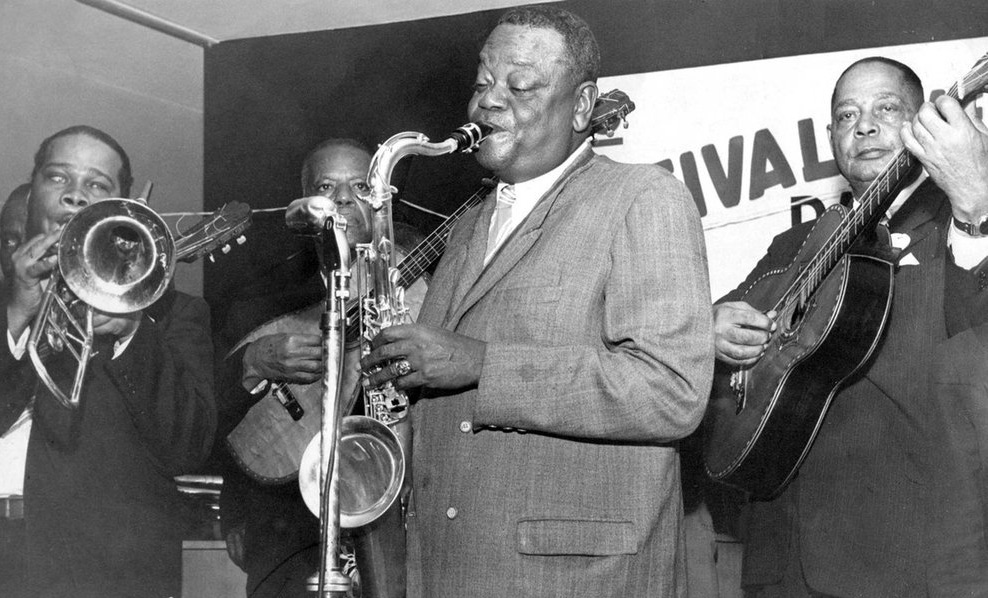
Samba is usually interpreted by orchestras composed of musicians playing various traditional rhythmic and melodic instruments, who spontaneously gather around tables, in a formation called roda de samba. Teresa Cristina is a singer who popularises the style samba with songs like “Portela na avenida” and “Nem ouro, nem prata”. She also acts in the musical documentary film Brasileirinho about choro music and interprets “Um calo de estimação”. Samba and choro are remarkable by the large variety of instruments traditionally used: guitar, cavaquinho, mandoline, flute, saxophone, trombone, pandeiro, cuíca, tamborim, zabumba and many more.
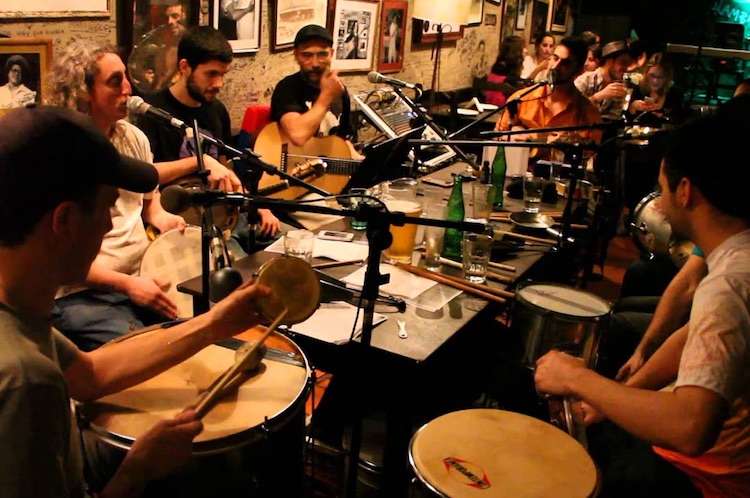

Among many Brazilian musicians starred in the documentary Brasileirinho, it’s worth mentioning Yamandu Costa, considered to be a genius of the 7 strings Brazilian guitar, as seen in his interpretation of a columbian traditional piece called “Porro”. I was lucky enough to attend a concert of Yamandu Costa in Le New Morning in Paris in 2017, which completely blew my mind.
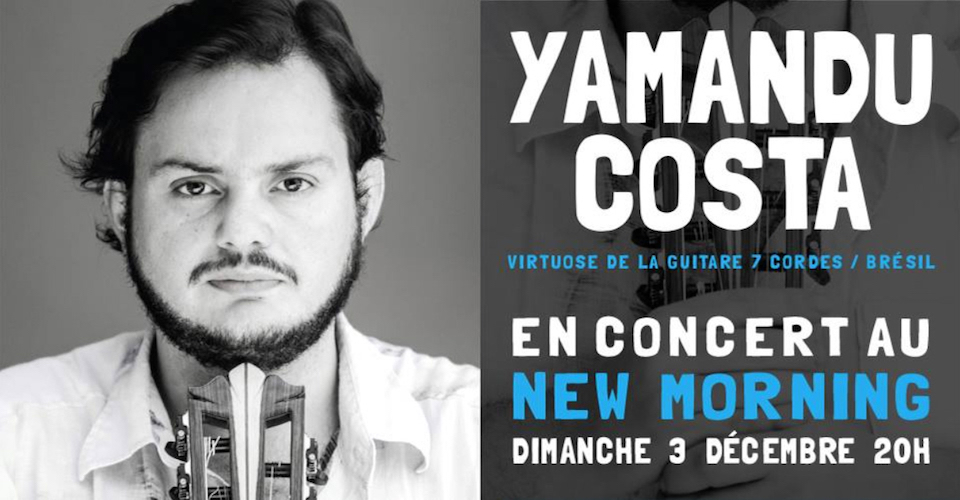
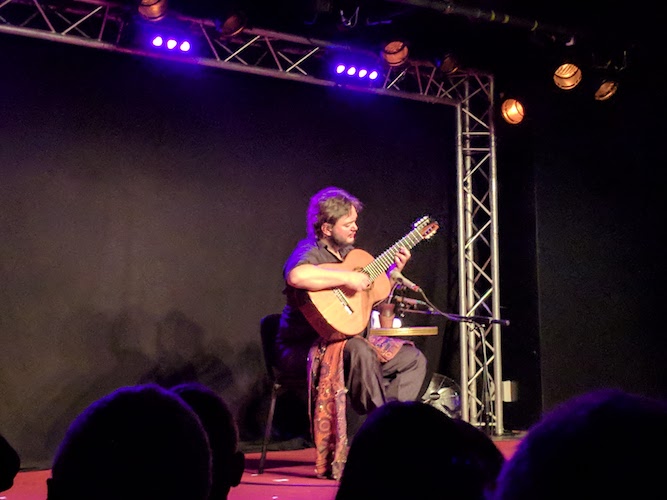
So many other Brazilian musicians must be mentioned as well, like Criolo with his album “Espiral de Ilusão”, Gilberto Gil, Seu Jorge, Maria Bethânia, Jorge Ben, João Donato, Caetano Veloso, Adriana Calcanhotto, Toquinho, João Bosco, Marisa Monte, Chico Buarque, Hermeto Pascual, Elizeth Cardoso, Dilermando Reis, Paulinho da Viola, Ed Motta…
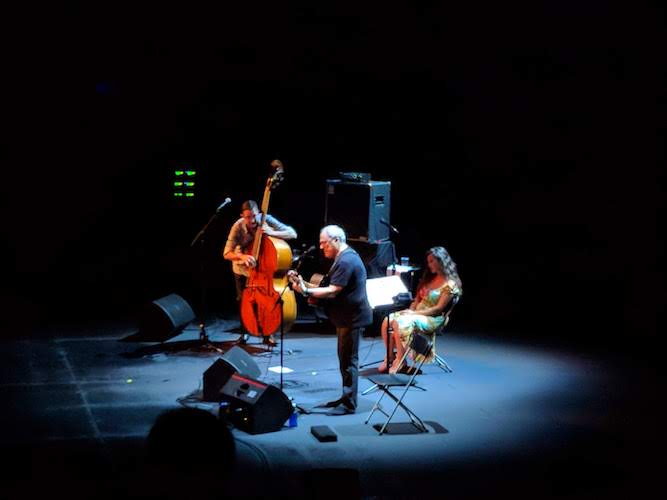
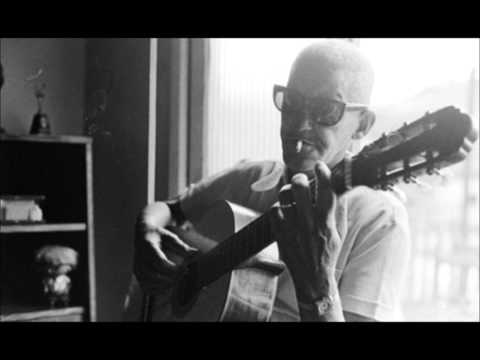
What fascinates me the most with Brazilian music is its universally recognised beauty that wins everyone’s heart, while it is constructed upon very rich, even complex harmonies and rhythmic patterns. Brazilian music is an endless universe which I’ll continue to explore during countless years in my new duet and draw my inspiration from with humility…

